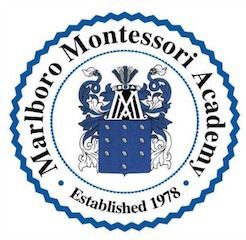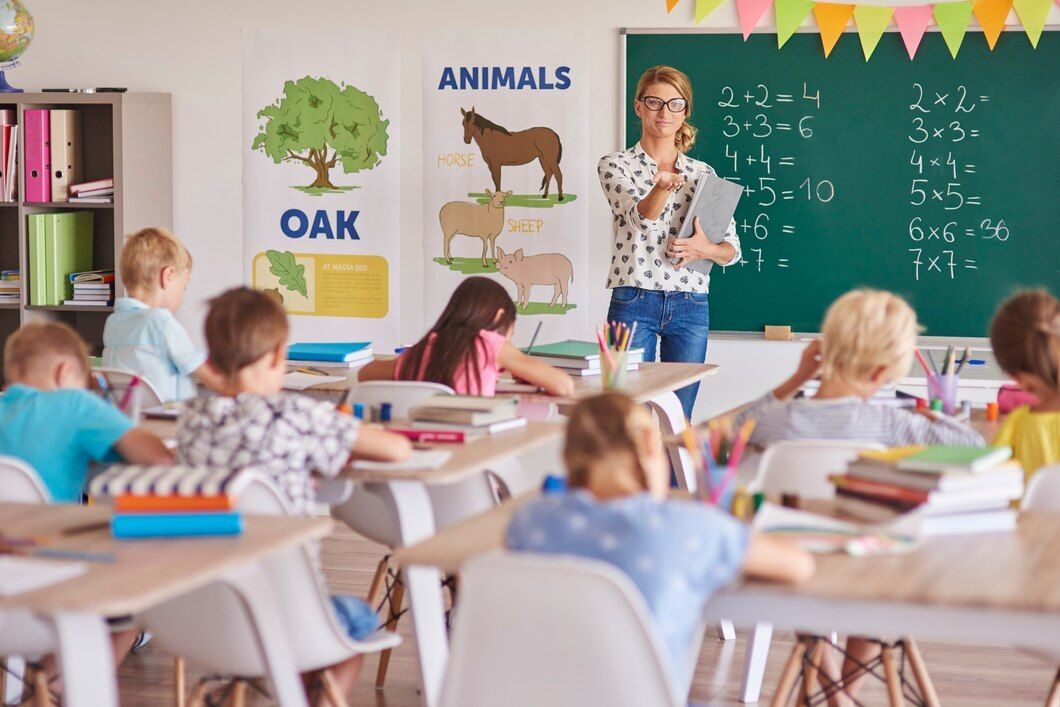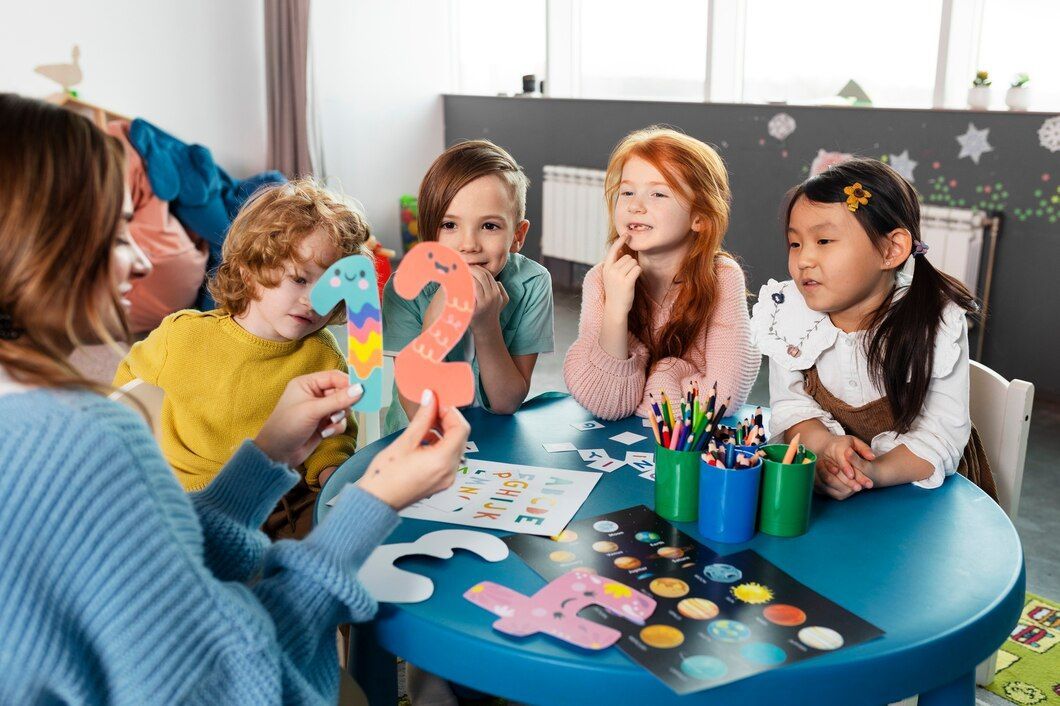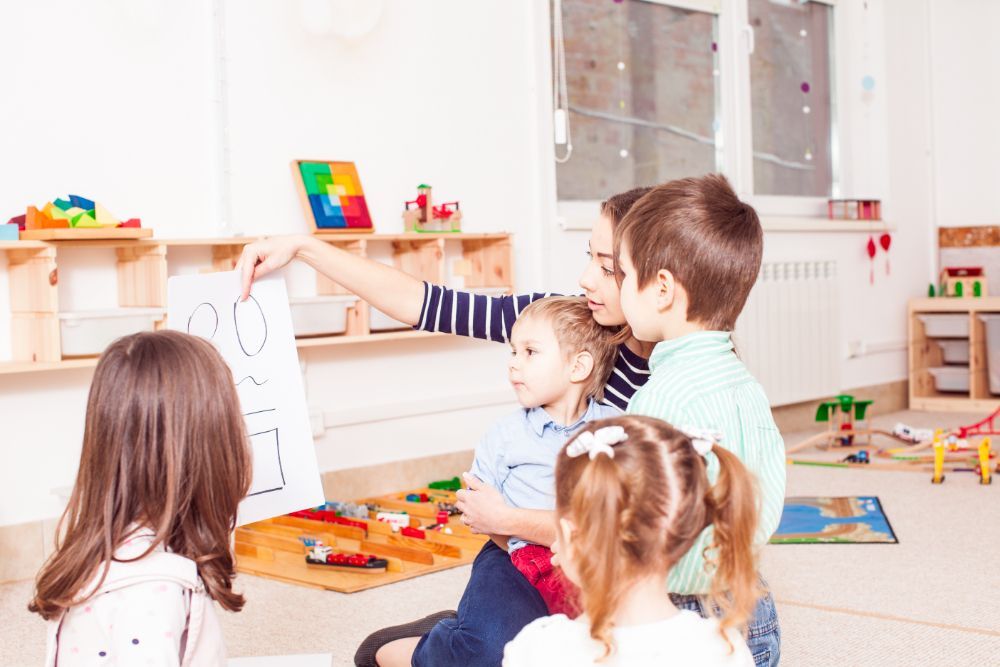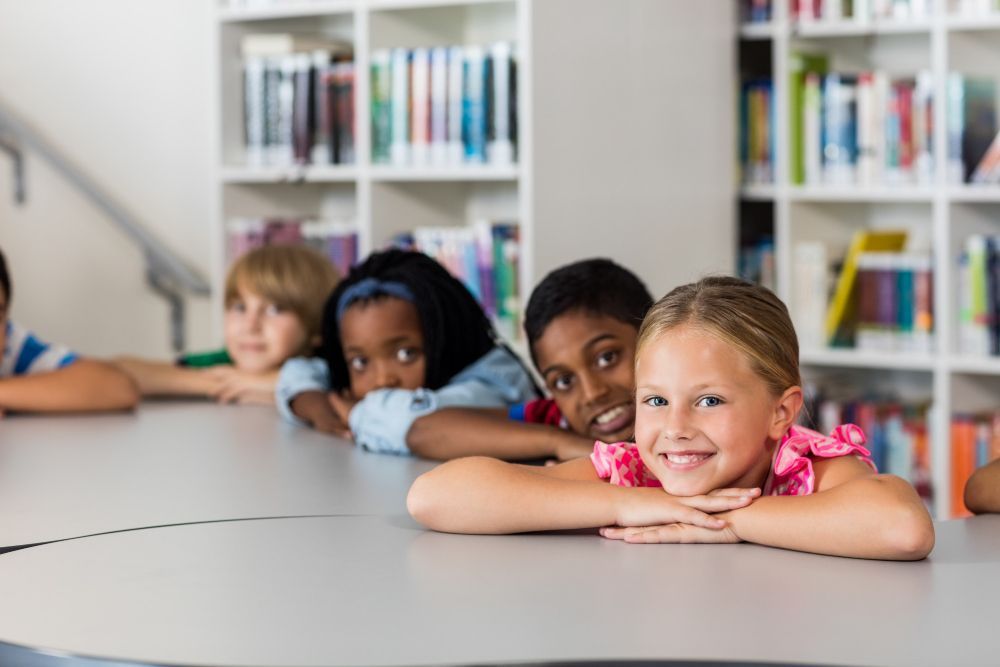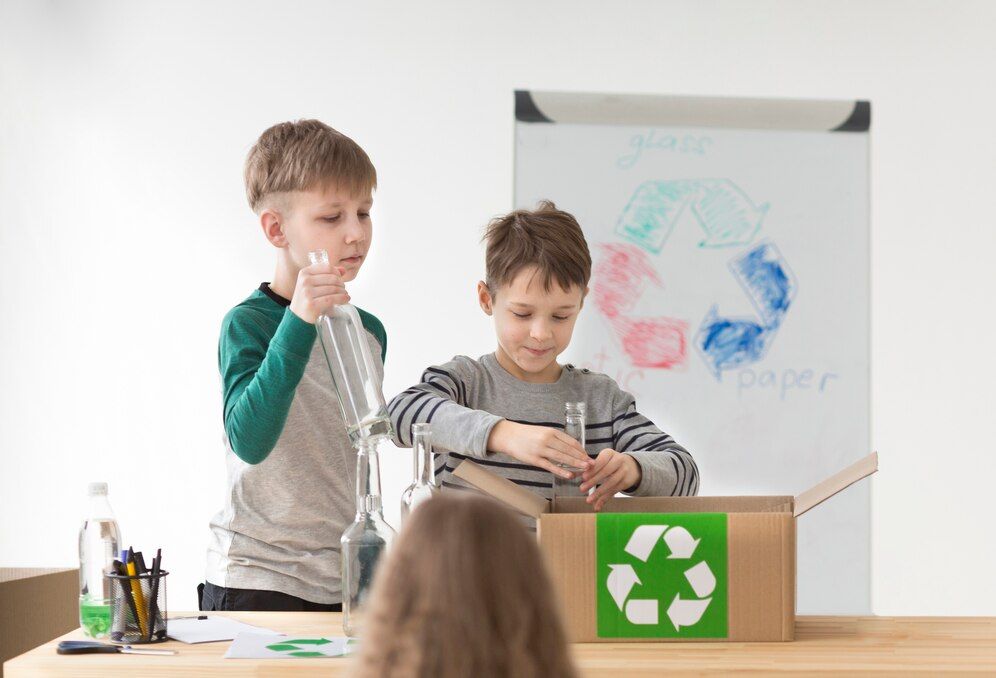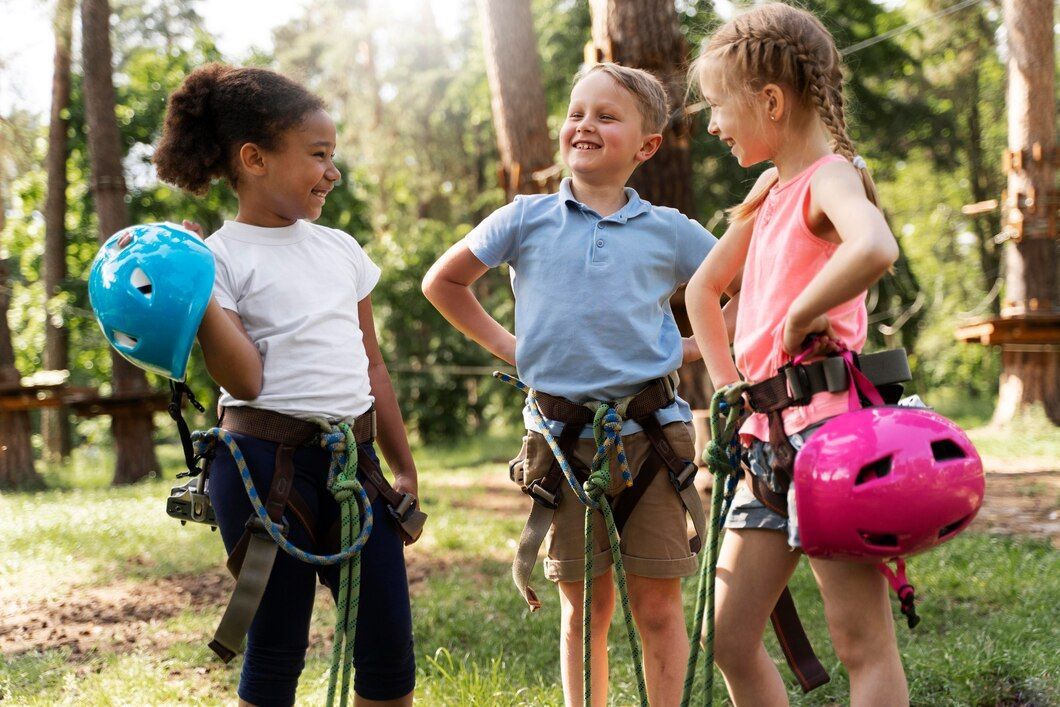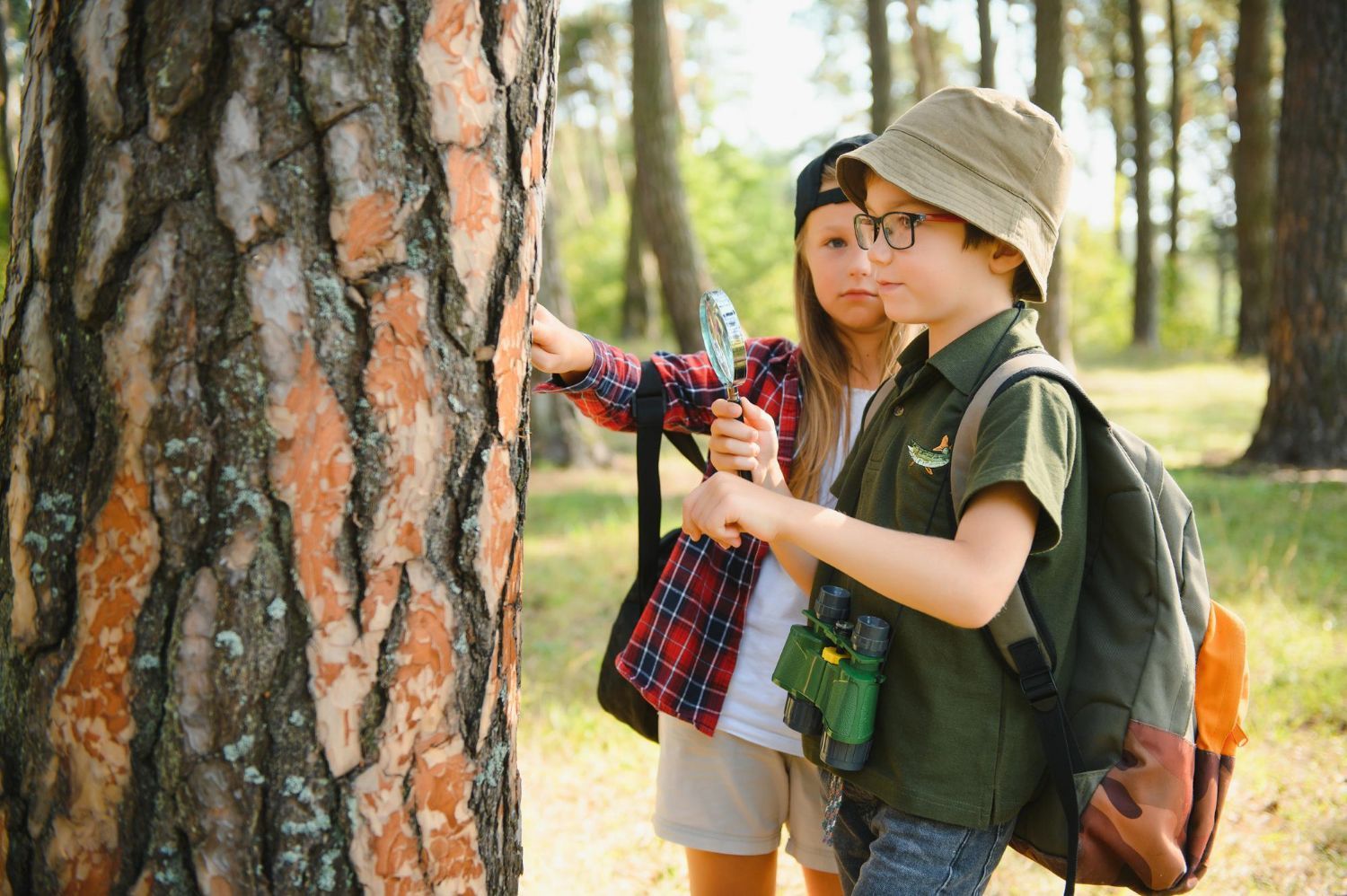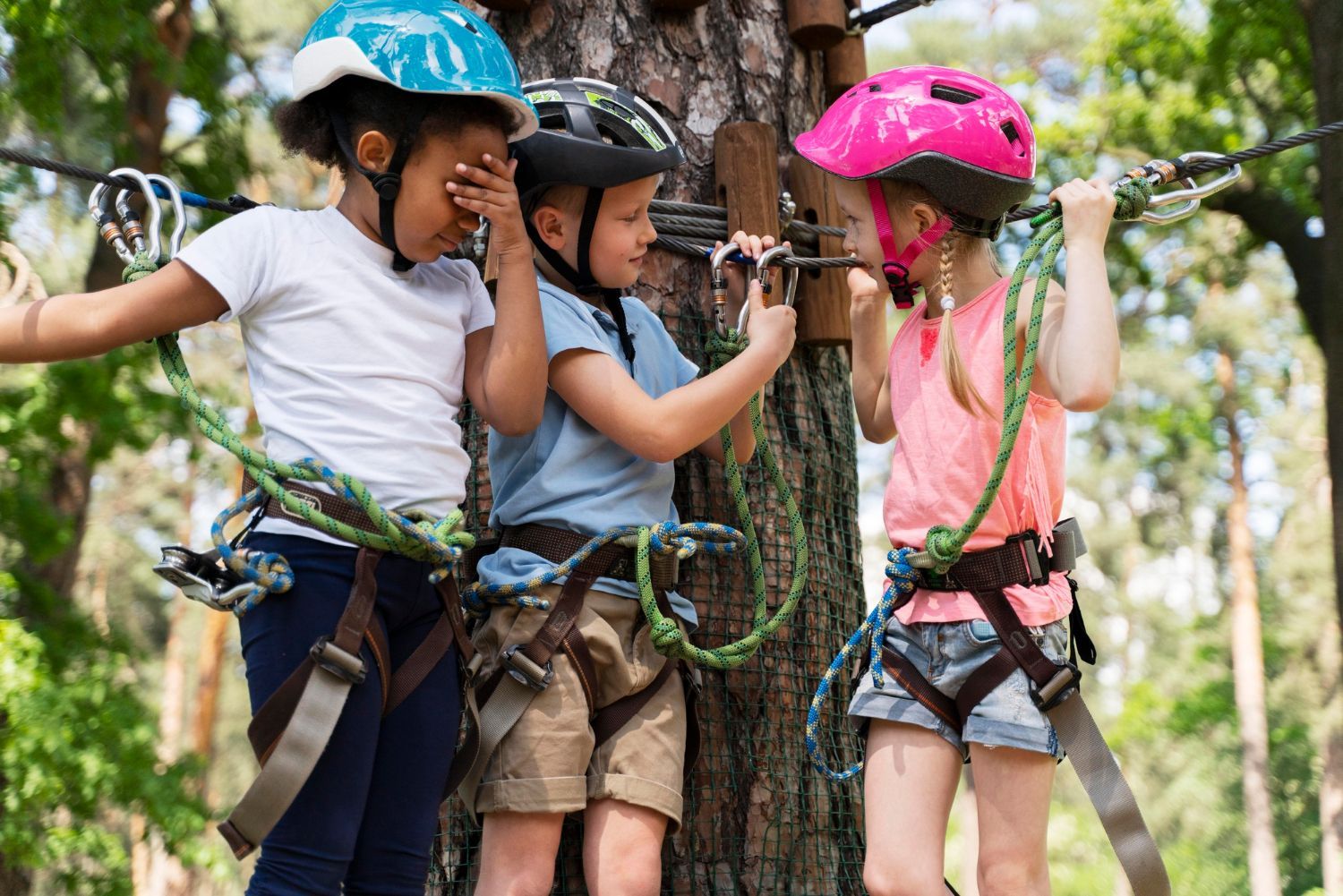Empowering Children with Practical Life Skills in Montessori Classrooms
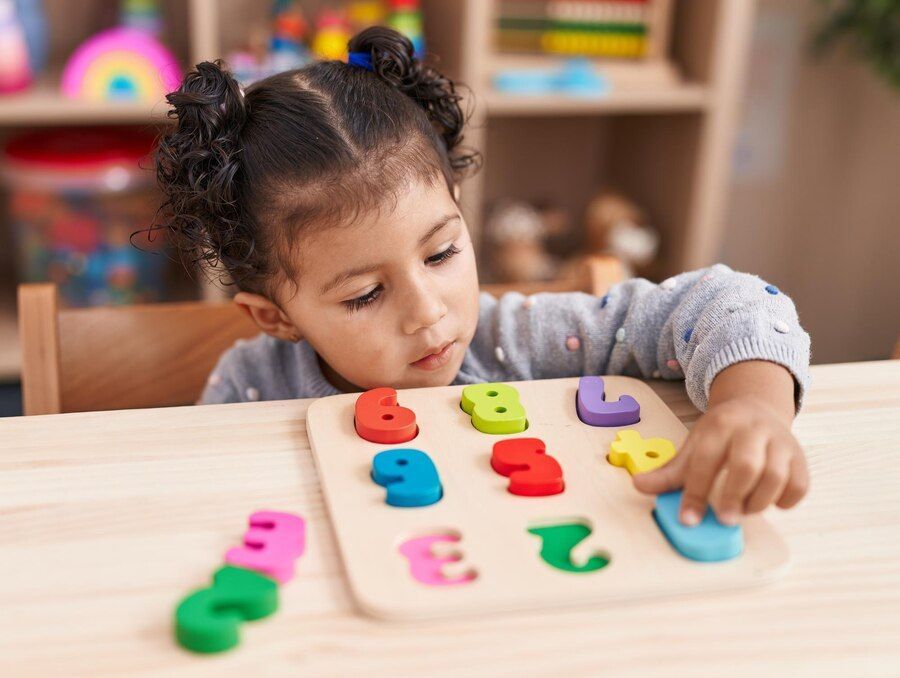
A pillar of Montessori education, practical life exercises are integral to the development of children's independence, self-confidence, and problem-solving abilities. These hands-on activities serve as the stepping stones towards more advanced learning, equipping children with the core competencies necessary for navigating the world around them. Montessori schools like Marlboro Montessori Academy recognize the importance of practical life skills, incorporating them into the dynamic, multi-disciplinary curriculum offered to their toddlers, preschoolers, kindergarteners, and elementary students.
In this blog post, we will delve into the various components of Montessori practical life exercises and explore the invaluable skills they develop in children. Learn how Montessori education's unique approach to practical life experiences empowers children with the confidence, independence, and abilities necessary to thrive in all aspects of their lives.
The Four Essential Categories of Montessori Practical Life Activities
Montessori practical life activities are designed to serve a range of purposes, catering to various aspects of a child's development. These activities are generally divided into four primary categories, each honing specific skills and abilities that contribute to the overall growth and success of young learners.
1. Care of Self:
These activities focus on the development of independence and self-sufficiency in children, enabling them to perform everyday tasks and self-care routines on their own. Examples include dressing and undressing, washing hands, brushing teeth, and personal grooming.
2. Care of the Environment:
Children learn the importance of caring for their surroundings through activities that instill a sense of responsibility towards their environment. These tasks may include cleaning, dusting, watering plants, and recycling, fostering an awareness of their role in maintaining a clean and orderly space.
3. Grace and Courtesy:
Montessori classrooms prioritize the cultivation of social skills and etiquette with activities that promote respect, empathy, and cooperation among children. These exercises may involve learning movement and coordination, such as carrying objects without disturbing others, speaking politely, and offering help to classmates.
4. Preparation for Fine Motor Skills and Coordination:
Practical life activities reinforce the development of fine motor skills and hand-eye coordination, paving the way for future academic success. Activities like bead stringing, sewing buttons, and manipulating small objects help children develop precision and dexterity, which are crucial for writing, drawing, and other higher-level skills.
Implementing Practical Life Exercises in Montessori Classrooms
Montessori classrooms create an environment conducive to practical life skill development by providing children with a range of carefully designed, hands-on materials and tasks. By integrating these activities into the daily classroom routine, Montessori educators encourage children to participate in and learn from real-world, purposeful experiences.
To optimize the effectiveness of practical life activities, Montessori teachers carefully observe and guide each child, ensuring they are engaged, challenged, and successful throughout the learning process. Educators also model tasks and behaviors, offering guidance and support when necessary while fostering independence and problem-solving abilities.
Fostering Concentration and Persistence Through Practical Life Activities
One of the most significant benefits of Montessori practical life activities is the development of focus and persistence in young learners. By engaging in tasks that require coordination, precision, and patience, children cultivate the ability to sustain concentration and apply effort toward achieving their goals.
In Montessori classrooms, children are granted the freedom to work on activities at their own pace, fostering their determination to see tasks through to completion. As a result, young learners develop the resilience and perseverance necessary for future academic success and personal development.
Developing a Strong Foundation for Academic Achievement
The practical life skills developed in Montessori classrooms lay the foundation for academic achievement across all subject areas. As children become more proficient in motor skills, concentration, and problem-solving, they acquire the necessary tools to excel in subjects like math, science, language arts, and cultural studies.
Furthermore, Montessori practical life activities instill a love for learning, igniting curiosity and providing the groundwork for lifelong education. By engaging in hands-on, real-world experiences, children learn to value knowledge and seek opportunities for personal growth.
The Lasting Impact of Practical Life Skills in Montessori Education
The Montessori approach to practical life skills provides young learners with the foundation they need to thrive both academically and personally. By integrating practical life activities into the Montessori curriculum, schools like Marlboro Montessori Academy empower children with the independence, self-confidence, and problem-solving abilities necessary to succeed in all aspects of life.
Embrace Montessori education and its focus on practical life skills to offer your child an enriching, hands-on learning experience that will make a lasting impact on their development. Provide them with the tools to become confident, self-sufficient individuals who are well-equipped to navigate an ever-changing world.
Enrich your child's education and life skills by discovering the transformative power of Montessori practical life activities, empowering them to become self-reliant, resourceful, and focused learners, ready to face the world with confidence and determination. Reach out to us today and learn more about our
Montessori elementary school!
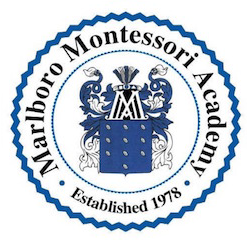
Navigation
Contact Info
Phone Number: 732-946-8887
CAMP: 732-946-2267
Email: admin@marlboromontessoriacademy.com
GPS Address
257 Highway 79
Morganville, NJ 07751
Mailing Address
P.O. Box 272
Wickatunk, NJ 07765
All Rights Reserved
All Rights Reserved | Marlboro Montessori Academy
Marlboro Montessori Academy
